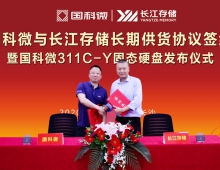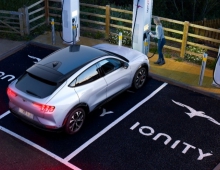
New Cars in China Exchange Data With The Government
Chinese government continues to use technology to track Chinese citizens by calling all electric vehicle manufacturers to implement systems that send location data of the cars.
More than 200 manufacturers, including Tesla, Volkswagen, BMW, Daimler, Ford, General Motors, Nissan, Mitsubishi and U.S.-listed electric vehicle start-up NIO, transmit position information and dozens of other data points to government-backed monitoring centers, according to an Associated Press report.
The automakers say they are merely complying with local laws, which apply only to alternative energy vehicles. Chinese officials say the data is used for analytics to improve public safety, facilitate industrial development and infrastructure planning, and to prevent fraud in subsidy programs.
Other countries that are major markets for electronic vehicles — the United States, Japan, across Europe — do not collect this kind of real-time data, at least for now.
Under the leadership of Xi Jinping, China has unleashed a war on dissent, marshalling big data and artificial intelligence to create a more perfect kind of policing, capable of predicting and eliminating perceived threats to the stability of the ruling Communist Party.
Many vehicles in the U.S., Europe and Japan transmit position information back to automakers, who feed it to car-tracking apps, maps that pinpoint nearby amenities and emergency services providers. But the data stops there.
Global automakers stressed that they share data to comply with Chinese regulations. Nearly all have announced plans to aggressively expand their electric vehicle offerings in China, the world’s largest car market.





















